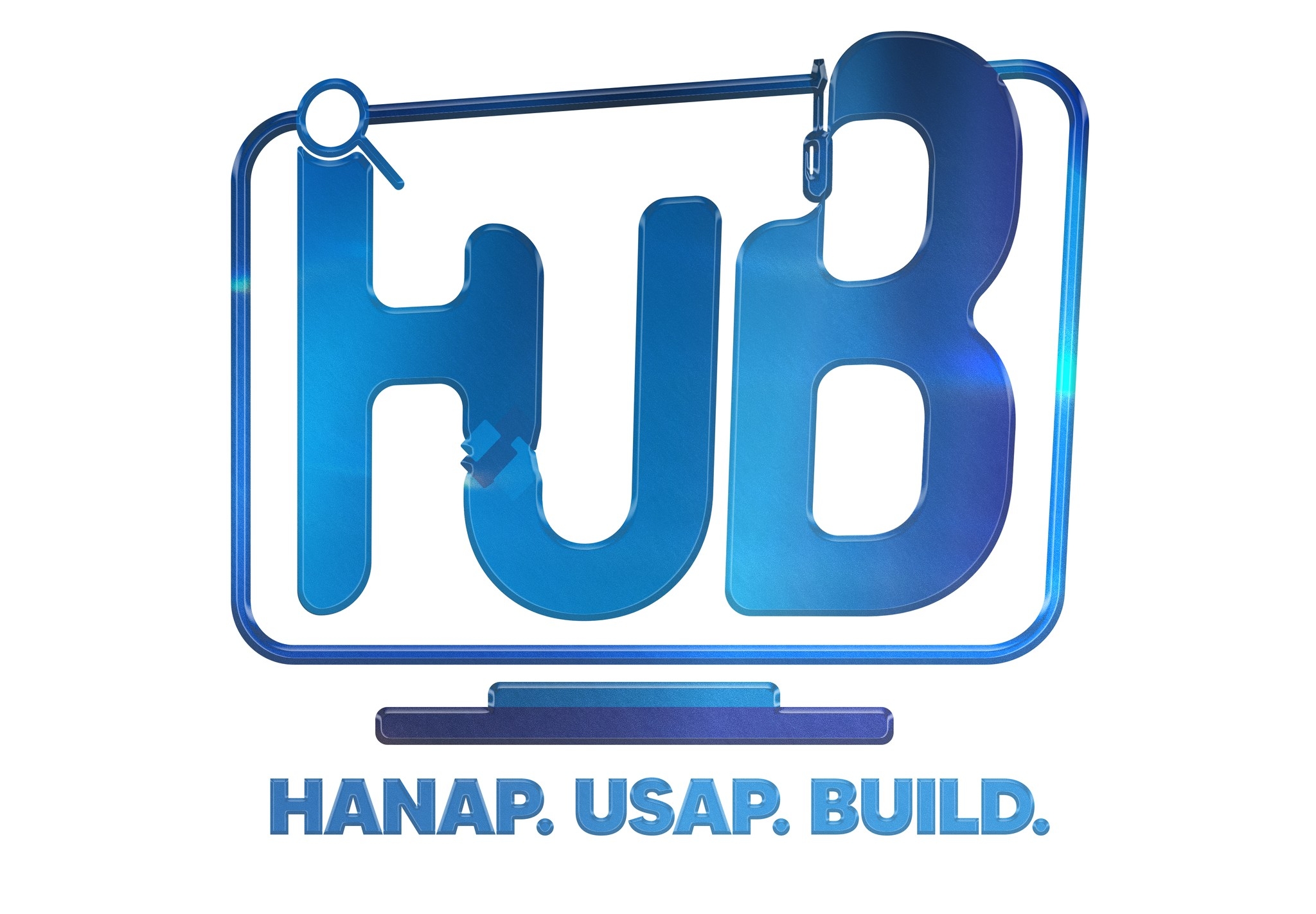
ADATA LEGEND 850 LITE 1TB NVME Gen4
ADATA LEGEND 850 LITE 1TB NVME Gen4
₱3,750.00
₱3,650.00
Stock: 2
Product Description:
The ADATA LEGEND 850 LITE 1TB NVMe Gen4 is a solid-state drive (SSD) that offers a compelling combination of performance, capacity, and value. It's a great option for users who want a noticeable upgrade from SATA or Gen3 SSDs without paying a premium for the absolute fastest Gen4 speeds. Here's a breakdown of its key features: Capacity: 1TB Interface: PCIe Gen4x4, NVMe 1.4 Form Factor: M.2 2280 Sequential Read/Write Speeds: Up to 5000/4200 MB/s Controller: Most likely SMI SM2269XT (though ADATA doesn't explicitly state this for the LITE version) NAND Flash: 3D NAND DRAM Cache: No (uses Host Memory Buffer - HMB) SLC Caching: Yes Features: LDPC ECC, AES 256-bit encryption Heatsink: Yes, a low-profile heatsink is included Warranty: 3 years Key Advantages: Faster than SATA and Gen3: Experience significantly faster boot times, application launches, and file transfers compared to older SSD technologies. Good value: Offers Gen4 performance at a competitive price point, making it an attractive option for budget-minded users. PS5 compatible: Can be used as expanded storage for the PlayStation 5 console. Ample capacity: 1TB provides plenty of storage space for most users' operating systems, applications, games, and files. Ideal Use Cases: Gaming: Enjoy faster game loading times and smoother gameplay. Everyday computing: Provides a noticeable performance boost for general computer use, including web browsing, productivity tasks, and light content creation. Content creation: Suitable for users who work with moderately sized files and projects. PS5 storage expansion: Expand your PS5's storage capacity without breaking the bank. Things to Consider: No DRAM Cache: The absence of a dedicated DRAM cache may slightly impact performance in certain scenarios compared to drives with DRAM. However, the use of HMB helps mitigate this. Lower endurance: Compared to higher-end SSDs, the LEGEND 850 LITE has a lower TBW (Terabytes Written) rating, meaning it may have a shorter lifespan if subjected to extremely heavy write workloads. This is generally not a concern for typical users.